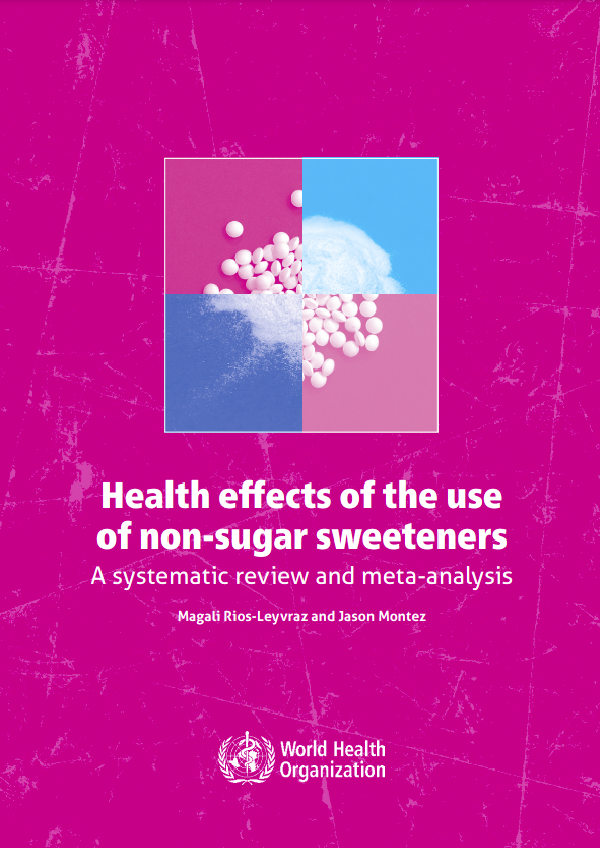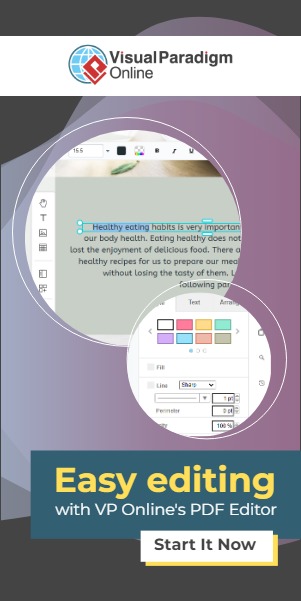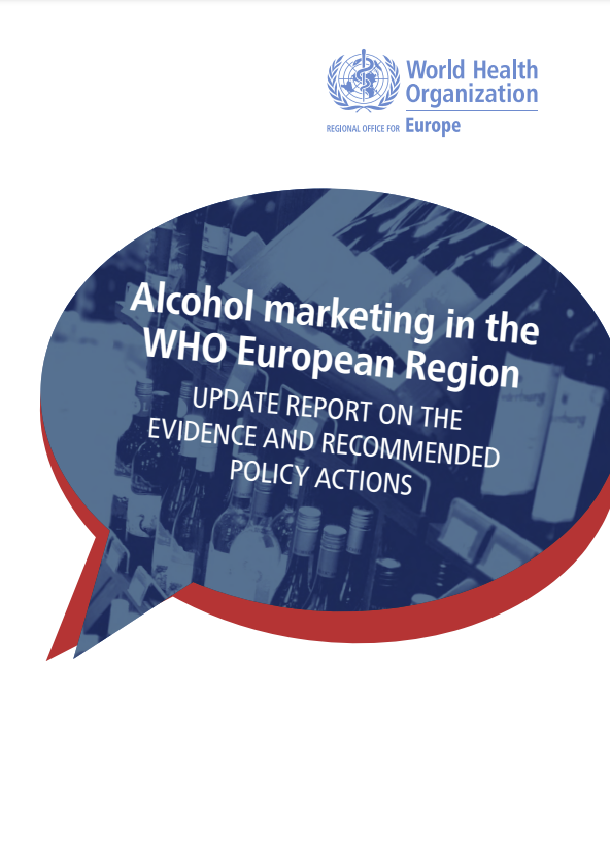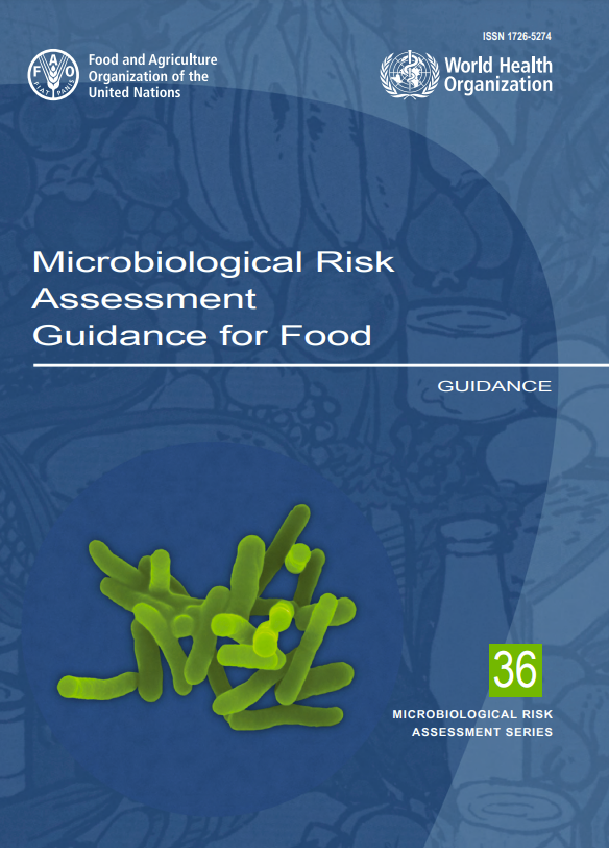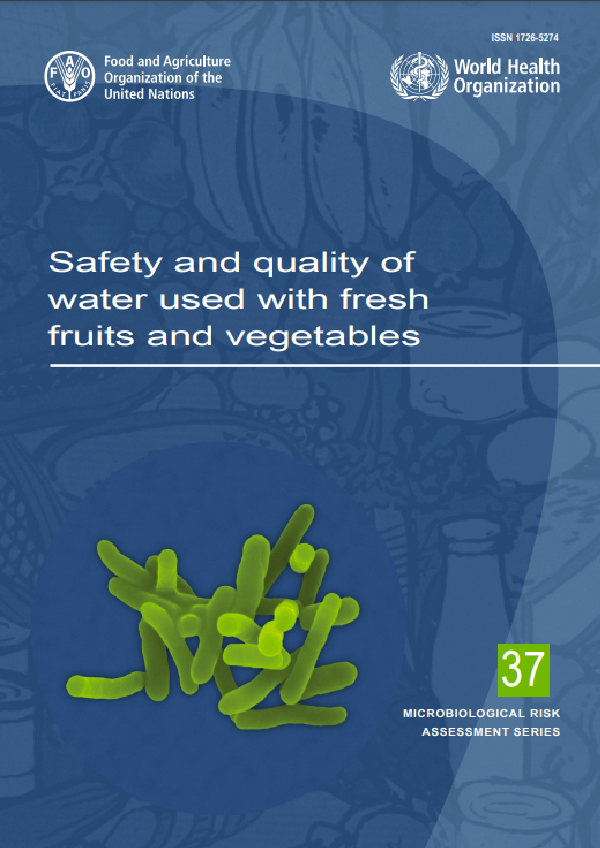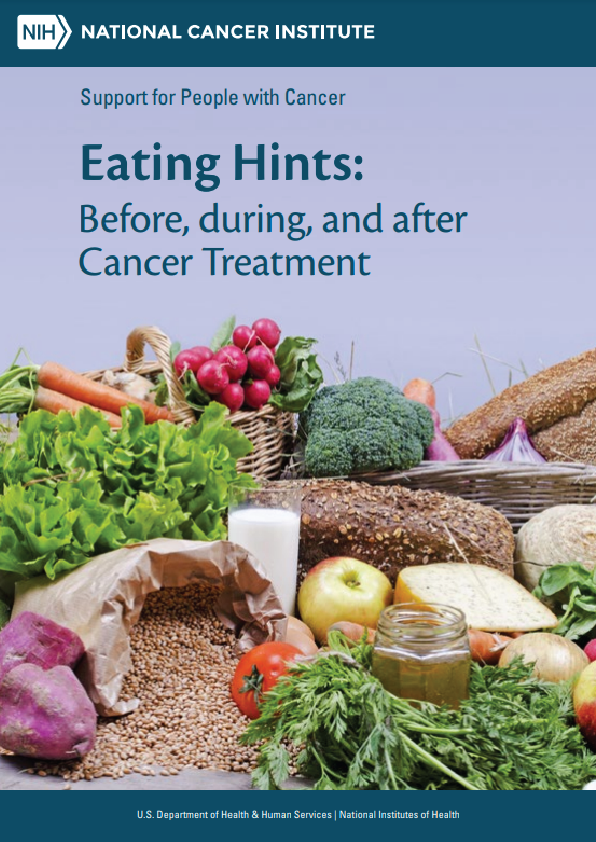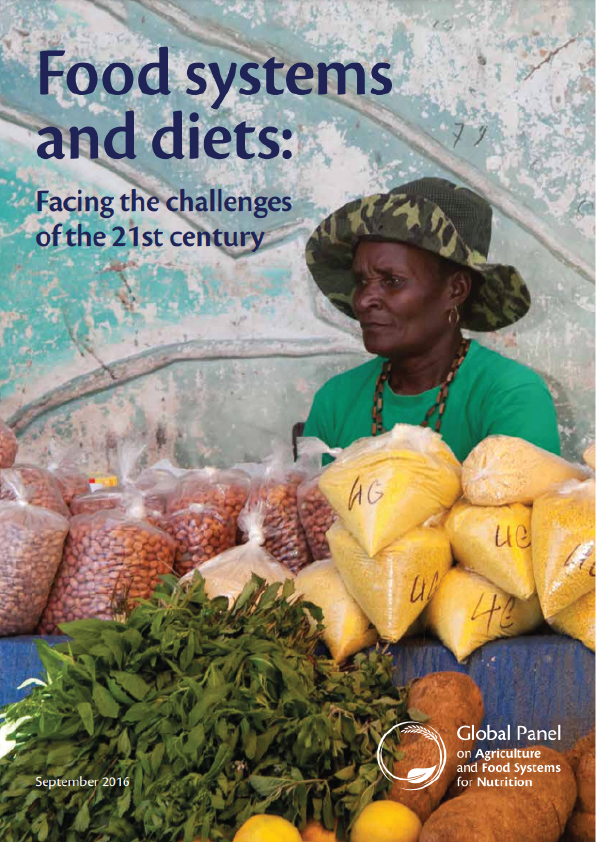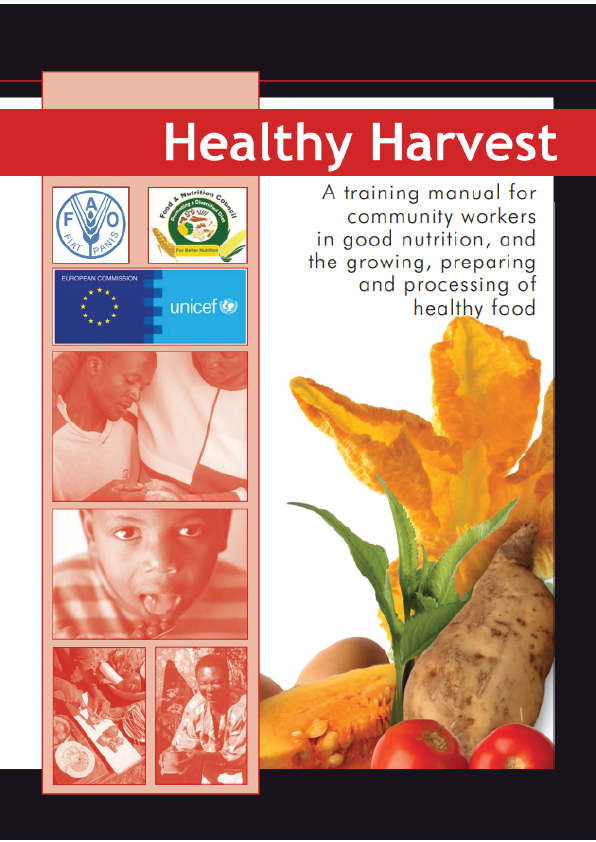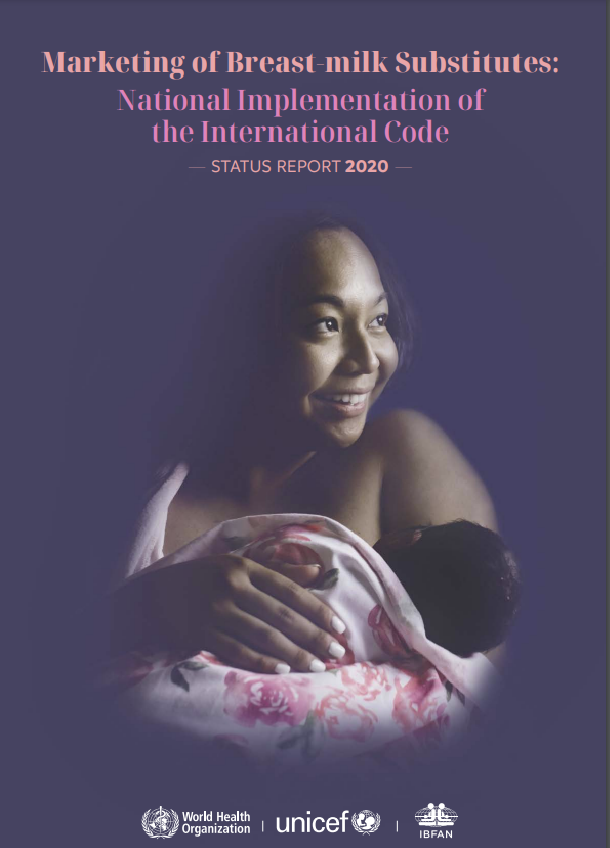Health effects of the use of non-sugar sweeteners: a systematic review and meta-analysis
Overview
Non-sugar sweeteners have been developed as an alternative to sugars and are widely used both as an ingredient in pre-packaged foods and beverages and added to food and beverages directly by the consumer. Individual non-sugar sweeteners undergo toxicological assessment by the by the Joint FAO/WHO Expert Committee on Food Additives (JECFA) and other authoritative bodies to establish safe levels of intake (i.e. acceptable daily intake or ADI). While results of randomized controlled trials have generally suggested non-sugar sweeteners may have little impact on glucose metabolism and result in lower body weight when coupled with energy restriction in the short-term, there is no clear consensus on whether non-sugar sweeteners are effective for long-term weight loss or maintenance, or if they are linked to other long-term health effects at intakes within the ADI. This systematic review brings together the most current scientific evidence on health effects of non-sugar sweetener use.
A 2019 systematic review on intake of non-sugar sweeteners (NSS) in adults and children was updated and expanded to include studies in which NSS were not specified by name and studies of effects of NSS on pregnant women published through July 2021. A total of 283 studies were included in the review. Meta-analyses focused on randomized controlled trials, prospective cohort studies and case–control studies assessing cancer, and certainty in results was assessed via GRADE (Grading of Recommendations Assessment, Development and Evaluation). Results for key outcomes in adults (including pregnant women) are summarized in the figure below. In addition, a single randomized controlled trial conducted in children reported decreases in several measures of adiposity, but no significant effects or associations were observed in meta-analyses.
Consumption of free sugars has been linked to escalating rates of overweight and obesity (2, 3), as well as development of diet-related noncommunicable diseases (NCDs), including dental caries, type 2 diabetes, cardiovascular diseases and cancer (4–7).
As part of global efforts to stem the tide of obesity and diet-related NCDs, the World Health Organization (WHO) has issued guidance on intake of sugars, recommending that intake be significantly reduced (8). With the current focus on reducing intake of free sugars, interest in non-sugar sweeteners (NSS) as a possible alternative has intensified.
NSS are no-calorie or low-calorie artificial and natural sweeteners that have been developed as an alternative to sugars. They are widely used as ingredients in pre-packaged foods and beverages, and are added to foods and beverages by consumers (9–11). NSS include synthetically derived chemicals and natural extracts that may or may not be chemically modified. Because of their ability to impart sweet taste without calories, some argue that they can help to prevent overweight and obesity. However, others suggest that they may increase risk. From an oral health standpoint, NSS might reduce the risk of dental caries if used as a replacement for sugar. Although commercially available NSS are tested for toxicity before being introduced into the market, potential long-term effects on health of consuming NSS at levels below the acceptable daily intake (ADI) established by authoritative bodies are not as well characterized.
To inform the development of WHO guidance on NSS intake, a systematic review was commissioned and published in 2019 (1). The current review is an update and expansion of that review: it updates the review with new studies published since the search was conducted in the original review, and also includes studies excluded from the original review in which NSS were not specified by name, as well studies assessing the effects of NSS intake in pregnant women. This review attempts to address both any inherent health effects of NSS (i.e. health effects attributable to NSS regardless of comparator), as well as health effects of NSS when compared with sugars or water, when consumed at safe levels as established by authoritative bodies.
